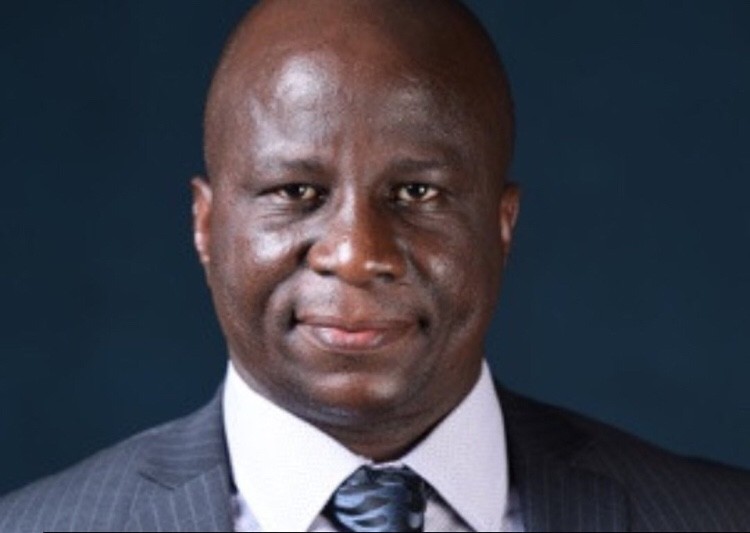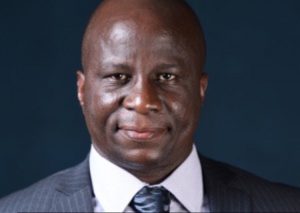
The Federal Government has disbursed the entire $322.5 million Abacha loot of 2017 to 1.9 million poor and vulnerable Nigerians.
Before making the disbursement, the money accrued an interest of $11 million where it was deposited. Mr. David Ugolor, Executive Director of ANEEJ, an independent monitor providing independent report on the use of the funds, made this disclosure in Abuja yesterday.
Mr. Ugolor told reporters that “the Abacha loot is exhausted. An interest of $11 million was accrued in the money where it was saved and it was disbursed to around 1.9 million poor Nigerians”. He added that “no politically motivated data was used in selecting the beneficiaries; the National Social Register was used to determine those who will benefit and the register is updated regularly to remove those who have d#ed”.
According to the ANEEJ Executive Director, “the Abacha loot that was recovered have been exhausted, we have a responsibility to inform Nigerians and then to make sure to tell them what the money was used for”. He noted that, “it is a very controversial issue that people sit down at home and begin to point fingers that Abacha’s money has been stolen. What we have done with this monitoring is very ground breaking”.
According to him, “four states have not been benefiting from the distribution of these N5,000, so we started an advocacy and the advocacy yielded the results and the government responded through the National Cash Transfer Office (NCTO) and we have since paid all these four states. The four states are Edo, Ondo, Kebi and Enugu.
In December 2017, Switzerland returned USD322.5 million of stolen funds (illicitly acquired by the late General Sani Abacha’s family) to the Federal Government of Nigeria. The Federal Ministry of Finance requested that the funds be used to finance the $500 million IDA-financed National Social Safety Net Program (NASSP) in the form of Conditional Cash Transfers to poor and vulnerable Nigerians, which is one of the poverty alleviation programmes under the National Social Investment Programme.


Leave a Reply